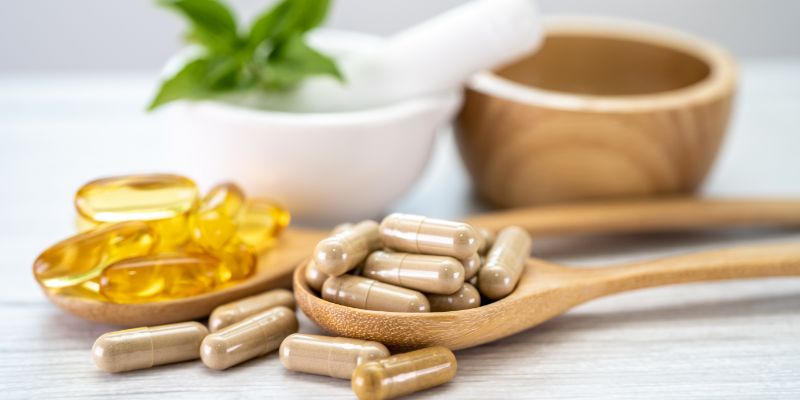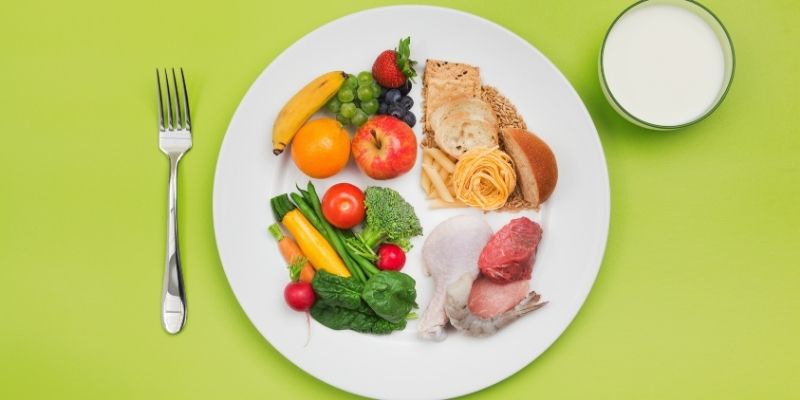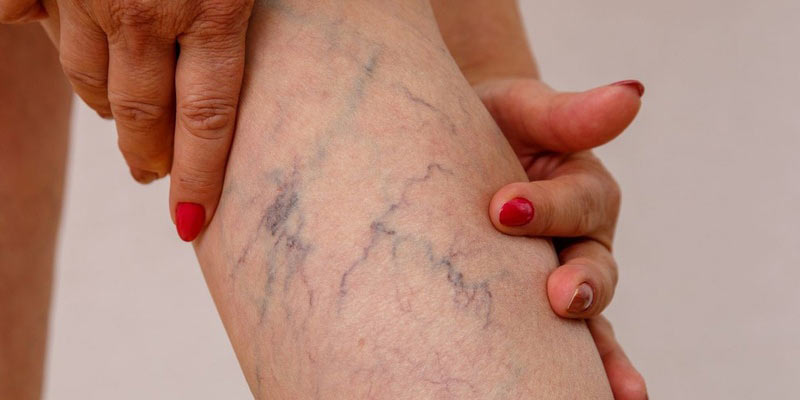Stones in the kidneys are abrasive deposits that can vary in dimension from a few centimeters to several thousand particles. Yellow, brown, and nearly black are among the many accessible hues. These, as opposed to gallstones, are generated by an assortment of substances in the urine. Though not at fault, ketones pose a risk that can be mitigated. Dehydration, fluid loss through sweat, or diarrhea are all potential causes of concentrated urine. Most stones initiate their development and formation at night, coinciding with this phenomenon. Occasionally, impaired renal drainage may lead to the development of kidney stones.
Males have a higher incidence of kidney stones than females. Moreover, occupations that induce dehydration, heat-related activities, and medical conditions like gastroenteritis all contribute to an elevated risk. Sedentary lifestyle choices, weight gain, being overweight, or uncontrolled diabetes are additional risk factors that elevate the likelihood of developing stones. Families exhibit a higher prevalence of specific strains of rocks. According to one study, by 2021, one of the largest kidney stone will occur per ten people. Staying hydrated, especially when exercising or in humid conditions, prevents stones. Healthy weight and diabetes management can also assist. Drink 2.5–3 liters of water daily to avoid kidney stones, says the National Kidney Foundation. Keeping salt and meat to a minimum can also prevent kidney stones.
Cause Of Kidney Stones
Uric acid, calcium, and oxalate can form kidney stones in high amounts. Most people get calcium oxalate when facing the stages of passing a kidney stone. Purine breakdown produces uric acid stones. These substances produce large structures known as stones through kidney crystallization and proliferation. The development of those stones through the urinary tract may result in the utmost pain. A stone obstructing the flow of urine might also provoke an intense ache, accompanied by diarrhea, vertigo, or vomiting now and then. When a bladder stone procedures the bladder, signs inclusive of groin pain, an urgent demand to urinate, or a sense of stress in the bladder may occur.
Statistics suggest that one in ten people is soon to have kidney stones. These ailments affect males more regularly than women after the age of 30. Protein, carbohydrates, and sodium in excess can be a major reason for the formation of kidney stones. Hydration is suggested for kidney stone prevention. Each day, water consumption of two to a few liters dilutes the chemical compounds that cause urinary stones.
Tips for Preventing Kidney Stones
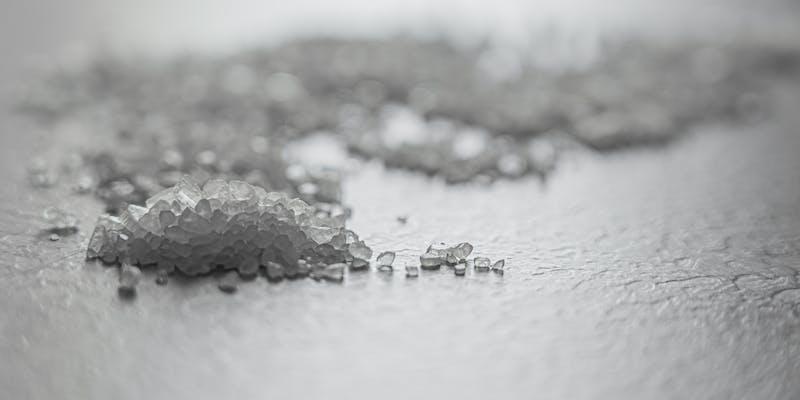
Stay Hydrated with a Focus on Citrus Beverages
To avoid kidney stones, remain hydrated, a main rule mentioned in the kidney stone size chart. Eight 8-ounce bottles of fluids each day yield two-liter urine output. By diluting urine, higher fluid consumption reduces the risk of kidney stones. Orange and lemonade boost fluid consumption. These drinks' important citric acid largely inhibits stone formation. According to a 2020 "Journal of Clinical Urology" study, keep hydrated to avoid kidney stones. Researchers said daily fluid intake over 2.5 liters reduced stone recurrence risk. Thus, avoiding kidney stones requires proper hydration.
Consume Foods High in Calcium
The risk of kidney stone formation can be diminished by consuming calcium-rich foods. Dried calcium is attainable through binding with oxalate in the intestines during the stages of passing a kidney stone. Oxalate is ultimately excreted by the kidneys via this binding mechanism instead of absorbed into the bloodstream. Oxalate inhibits the formation of calcium complexes; thus, reducing urinary oxalate concentrations diminishes the probability of the largest kidney stone formation. Dietary calcium-rich foods include:
- Cheese, yogurt, and milk are dairy products.
- Put kale and spinach in the greens.
- Salmon and sardines can have easily digestible bones.
- Foods include tofu, morning cereals, fruit juices, soy, rice drinks, and dairy items containing calcium.
Cut Down on Salt for Kidney Stone Prevention
High sodium consumption might cause kidney stones. If salt levels are high, calcium can collect in the urine and produce kidney stones. People should not exceed 2,300 mg of salt per day. Reduce your salt consumption to 1,500 mg daily if you have kidney stones and suspect sodium caused them. It reduces kidney stones, elevated blood pressure, and cardiovascular disease. Use low-sodium alternatives for these high-sodium options:
- Meat products such as turkey and deli meats, Peroni, and sausages.
- A vast selection of relishes, dressings, and condiments.
- Immediate flavorings for rice and noodle dishes.
- Moderately consume animal protein.
Additional sources of excessive animal protein, including red meat, poultry, eggs, and seafood, may increase the risk of kidney stones. Individuals at risk should limit their daily meat consumption to the amount required to finish a pack of playing cards. This water consumption is also beneficial for the heart and prevents kidney stones.
Avoid Foods That Can Cause Stones
Particular agents may facilitate the formation of kidney stones during the stages of passing a kidney stone in individuals with an inherited predisposition to calcium oxalate stones. Extensive sources of oxalate include tea, various foods (including the majority), beets, chocolate, spinach, and rhubarb. The oxalate-calcium complexation in the urine can lead to the formation of stones. If you have previously developed calcium oxalate stones, your physician may recommend decreasing your consumption of these foods or taking smaller portions of them.
Kidney Stone Food Recommendations
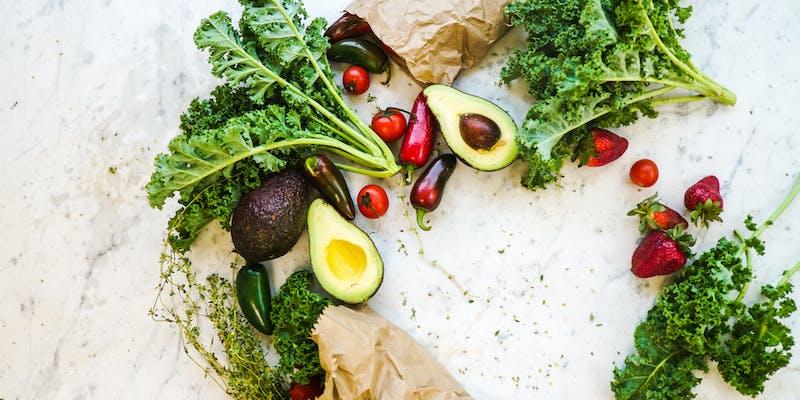
Stay Hydrated
To avoid kidney stones, retain water. Often, dehydration causes these stones. The National Institute of Diabetes and Digestive and Kidney Diseases recommends daily 6-8 glasses of water. Drinking other fluids is fine, but you must check the count because sodium is so common. Soda and juices are sugary, so avoid them. Consuming enough water reduces the largest kidney stone risk.
Calcium and Oxalate-Rich Foods
Foods like spinach are high in oxalate, making calcium intake more important. Lack of calcium may increase the risk of kidney stones. The intestinal calcium-oxalate binding avoids stones. To eat healthily, prioritize legumes, calcium-rich fresh items like broccoli, low-fat or fat-free dairy, calcium-fortified cereals, bread, and drinks. Also, try kelp and other seaweeds. To prevent kidney stones, consume calcium regularly.
Fruits and Vegetables
Eat lots of fruits and veggies. Increased vegetable consumption may lessen the keto stone risk. Select raw, frozen, or dehydrated fruits. Citric acid-rich citrus fruits like lemons and oranges have been demonstrated to prevent certain diseases. To balance calcium consumption, eat spinach and other oxalate-rich foods. This balance reduces stone formation.
Plant-Based Proteins
Small amounts of animal-based proteins are harmless, but too much can cause kidney stones. Dieticians recommend plant-based proteins. Beans, peas, and other legumes are included. Diagnosis requires medical guidance because protein needs vary. Plant-derived proteins prevent kidney stone development and improve health.

